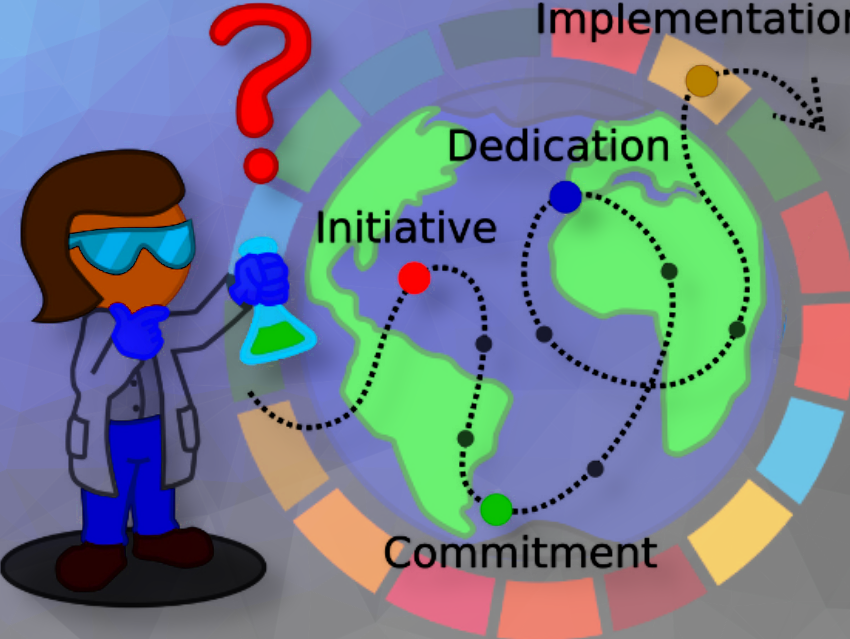Emiel Dobbelaar, Rheinland-Pfälzische Technische Universität (RPTU) Kaiserslautern-Landau, Kaiserslautern, and Freudenberg Technology Innovation SE & Co. KG, Weinheim, both Germany, João Borges, University of Aveiro, Portugal, Torsten John, Massachusetts Institute of Technology (MIT), Cambridge, MA, USA and Max Planck Institute for Polymer Research, Mainz, Germany, and colleagues, in their recent Viewpoint article, outline the challenges and opportunities their generation faces in working towards a sustainable future.
They argue that early-career chemists can significantly contribute by self-educating, teaching, and applying principles of green and sustainable chemistry in their research. They highlight the potential for these chemists to drive sustainability through education, outreach, improved research culture, equity, and better access to science, especially in scientific publishing. They stress both immediate and long-term contributions and address barriers like inequality and cultural differences.
Examles they describe include joining organizations like the International Union of Pure and Applied Chemistry (IUPAC) or the UN Educational, Scientific and Cultural Organization (UNESCO) which offer structured opportunities for participation in sustainability projects. These organizations host activities like experiment competitions, webinars, and symposia which help chemists engage with broader audiences and influence policy discussions. Participation in these activities not only enhances professional networking but also provides training in communicating with policymakers and advocates for green chemistry reforms. By actively seeking these opportunities, early-career chemists can develop innovative projects, gain mentorship, and collaborate with international networks to meet their sustainability goals.
The early career chemists hope that their article will empower early-career chemists by providing resources and ideas for global engagement in a sustainable future. Although aimed at students and early-career chemists, they hope to offer insights to encourage broader participation among scientists from diverse backgrounds.
- Towards a Sustainable Future: Challenges and Opportunities for Early-Career Chemists,
Emiel Dobbelaar, Shaimaa S. Goher, Juliana L. Vidal, Nimrat K. Obhi, Bren M. B. Felisilda, Yvonne S. L. Choo, Hossny Ismail, Hooi Ling Lee, Vanessa Nascimento, Ramia Al Bakain, Muhandiramge Ranasinghe, Bianca L. Davids, Arish Naim, Nnanake-Abasi Offiong, João Borges, Torsten John,
Angew. Chem. Int. Ed. 2024.
https://doi.org/10.1002/anie.202319892




